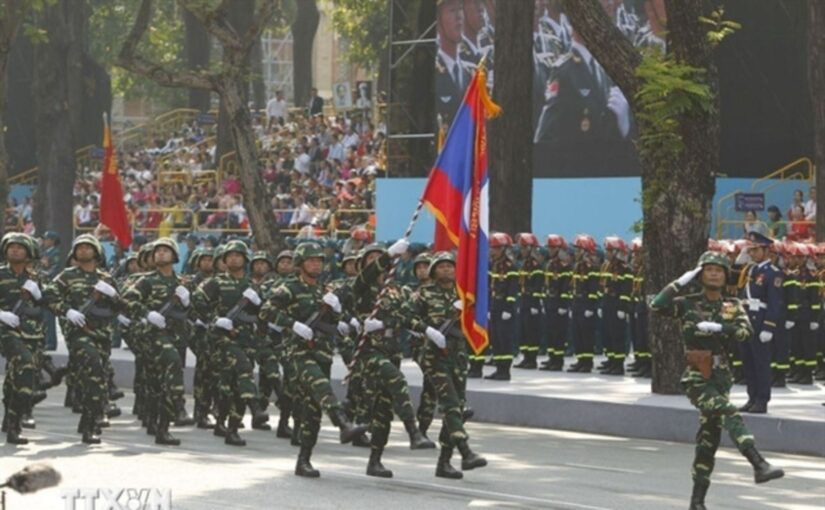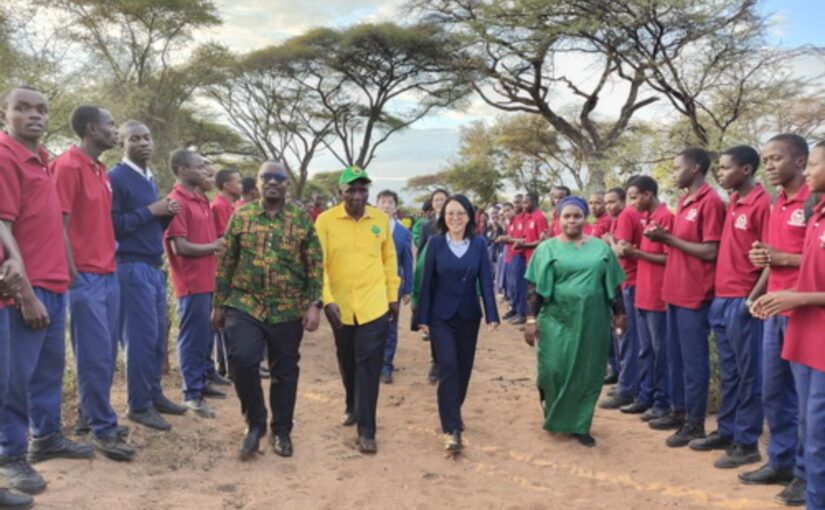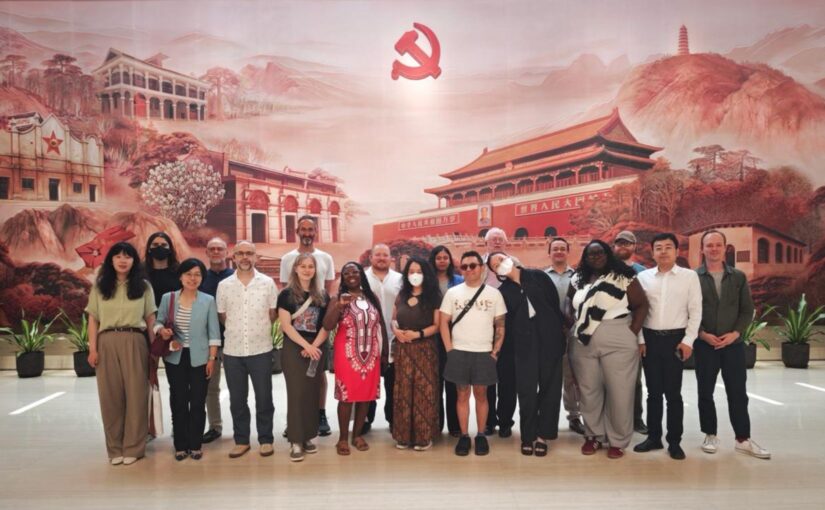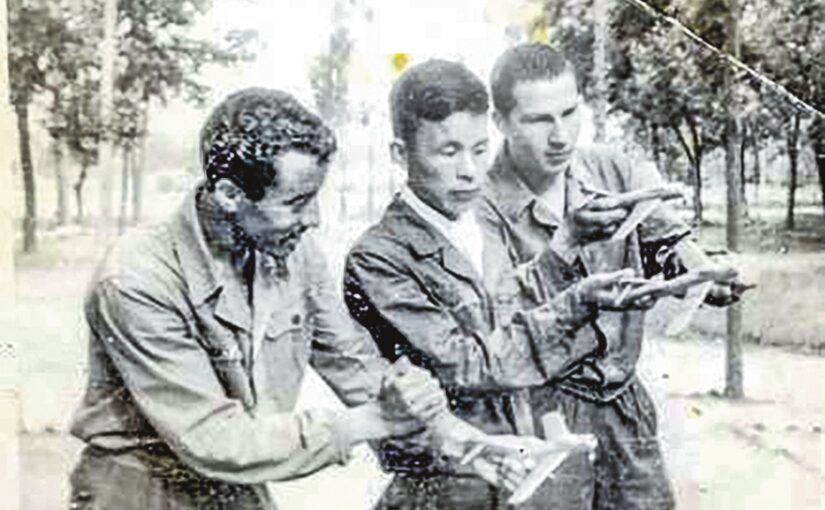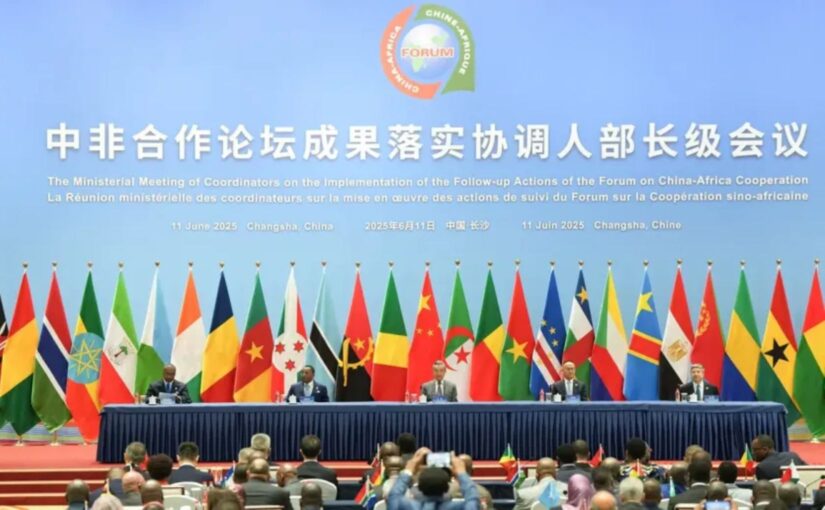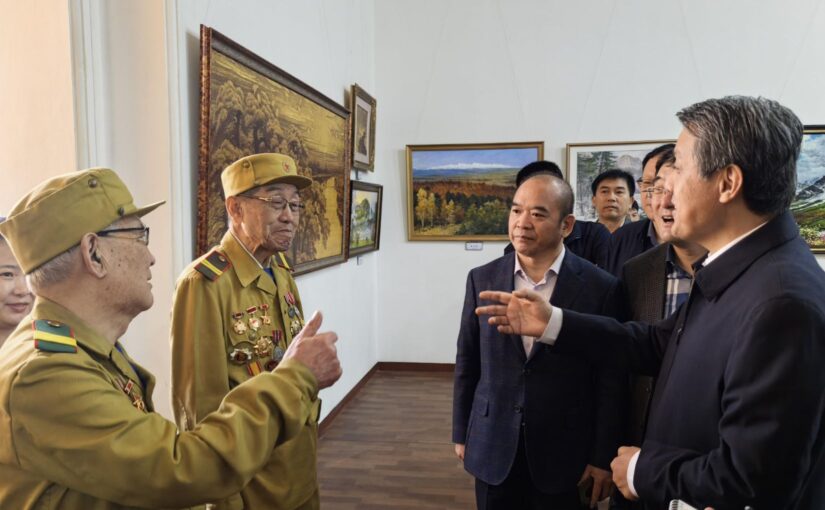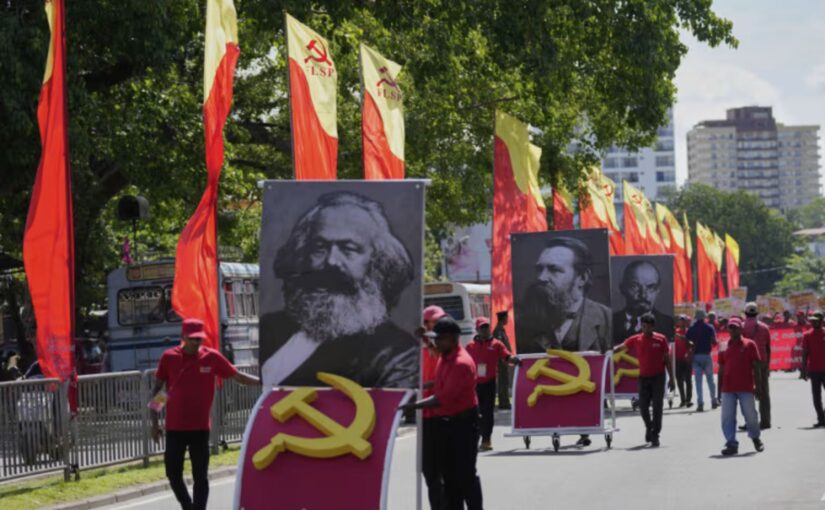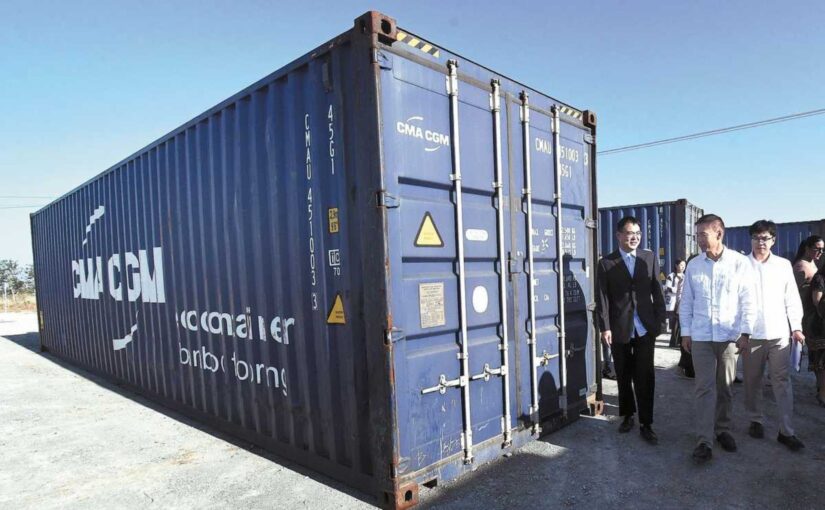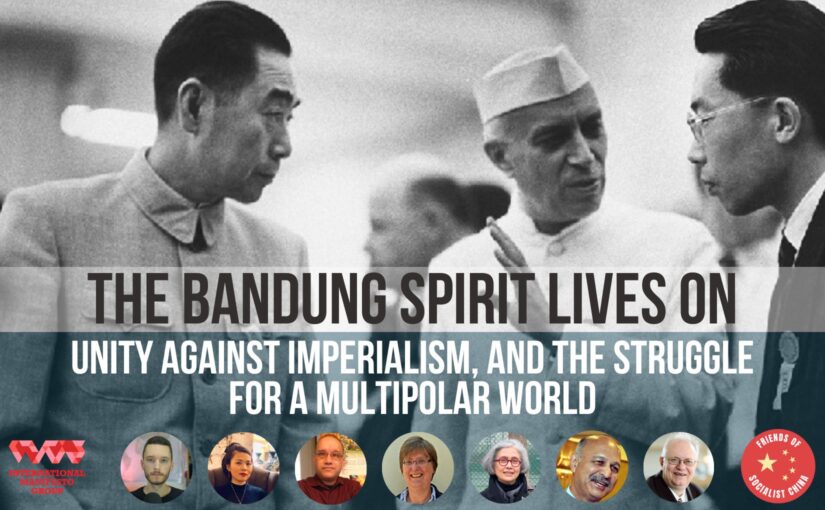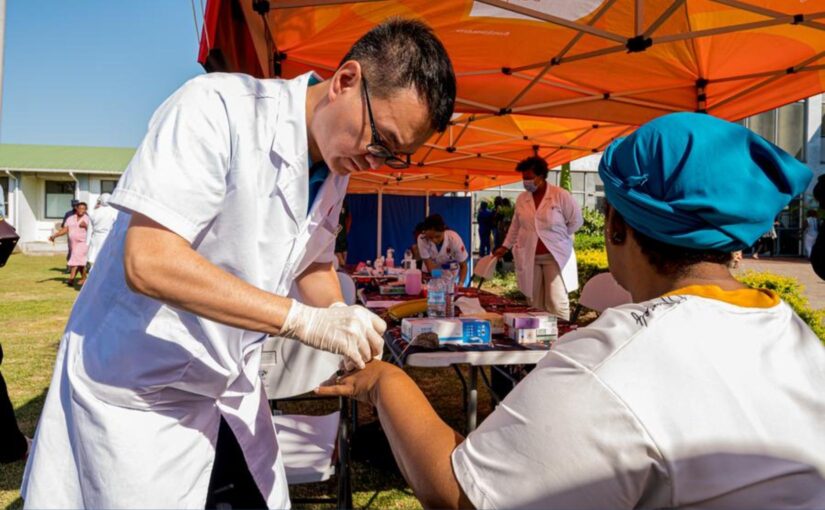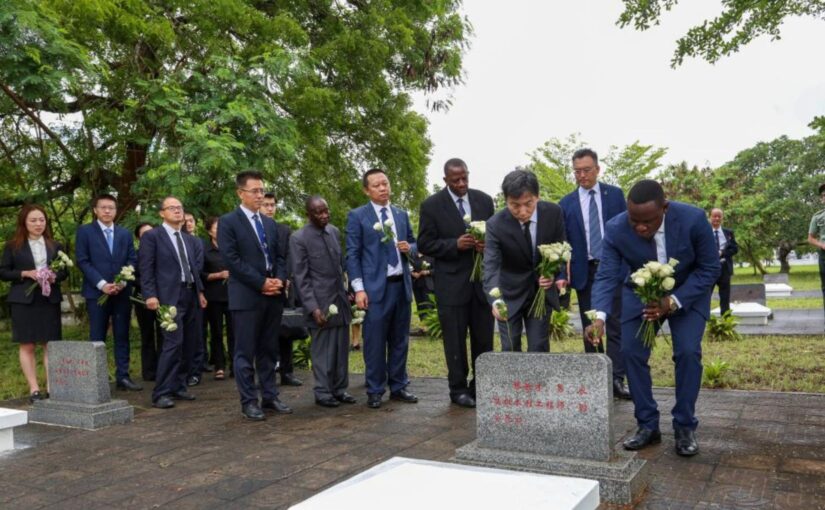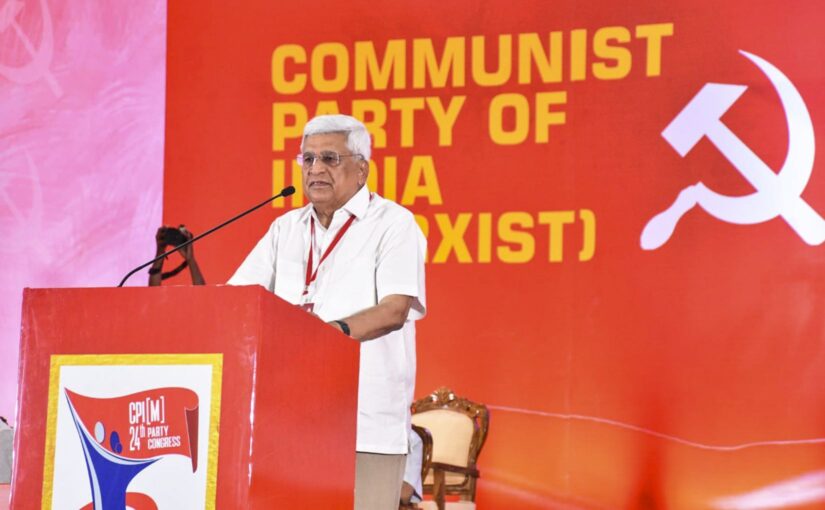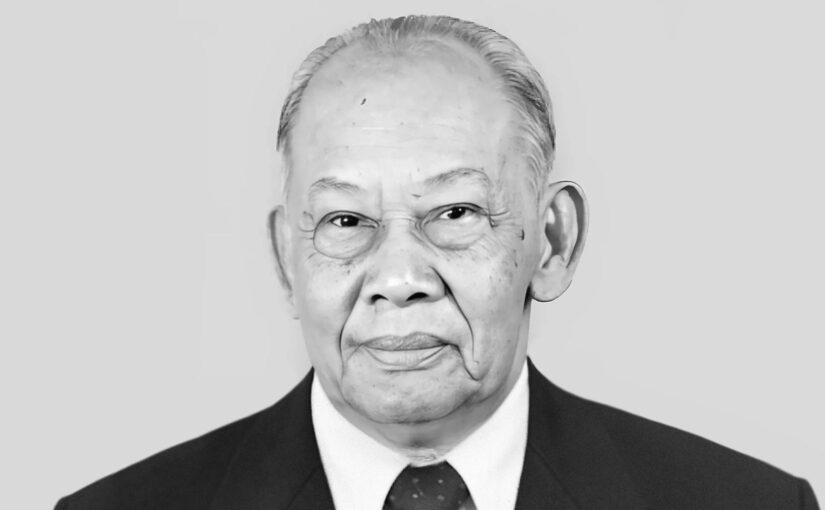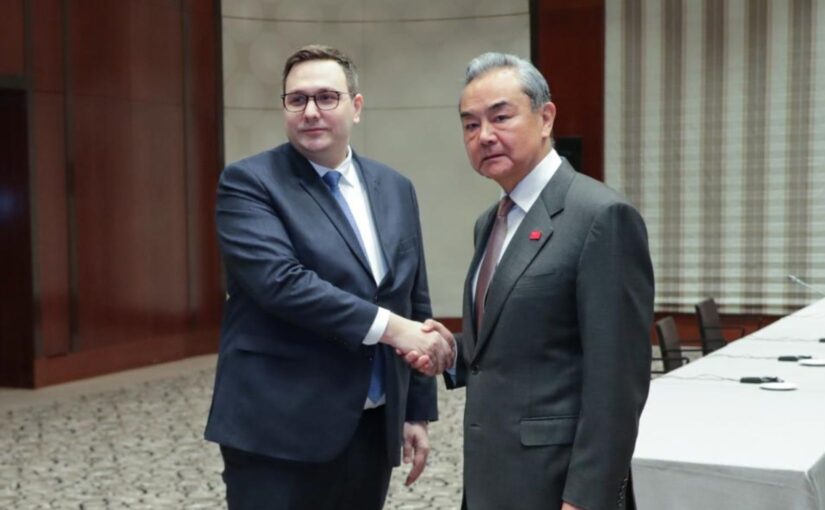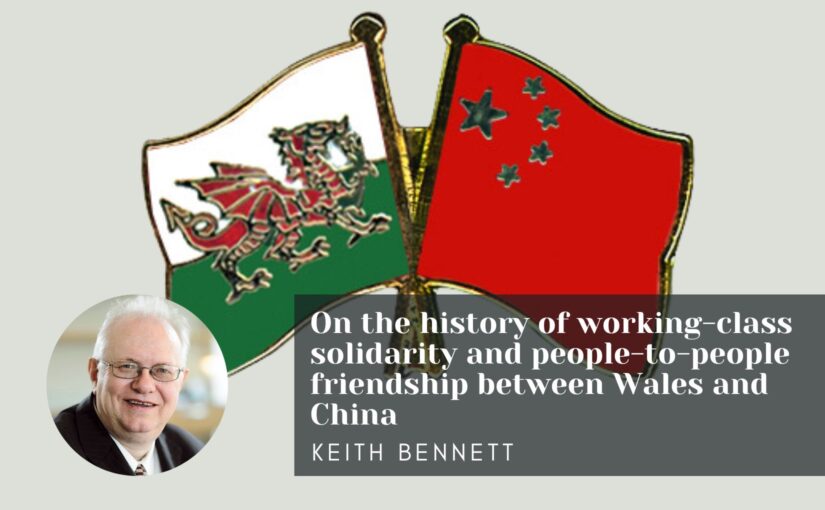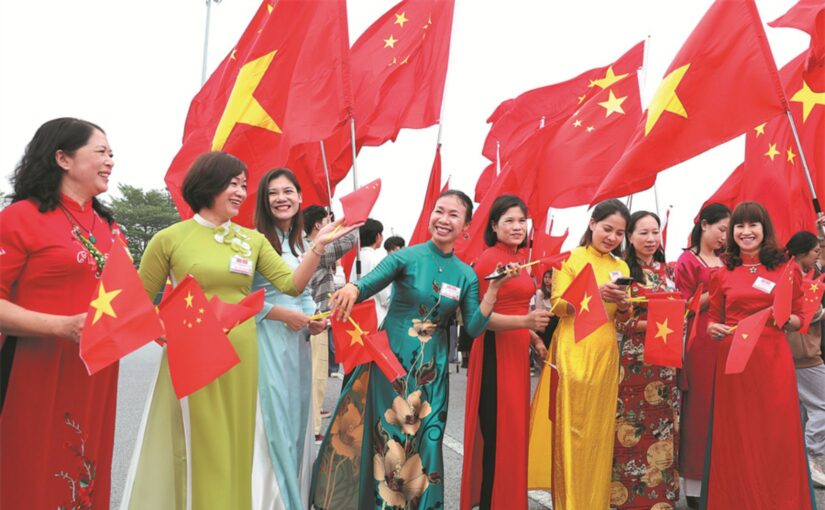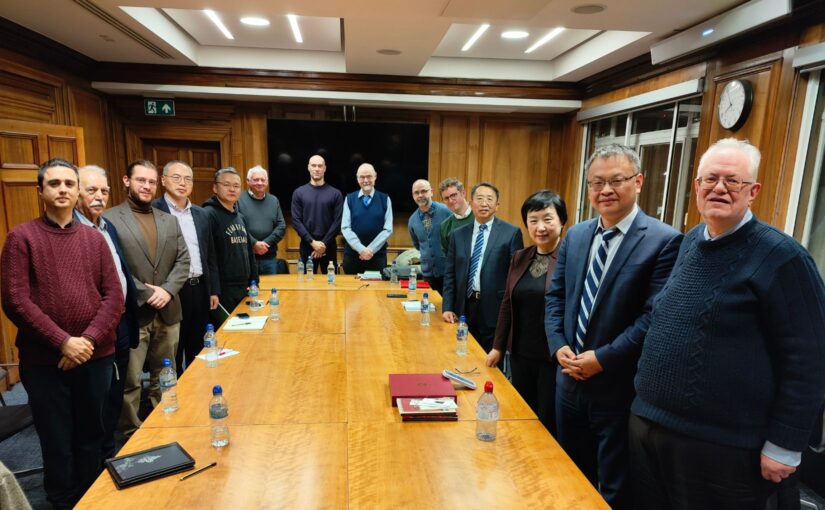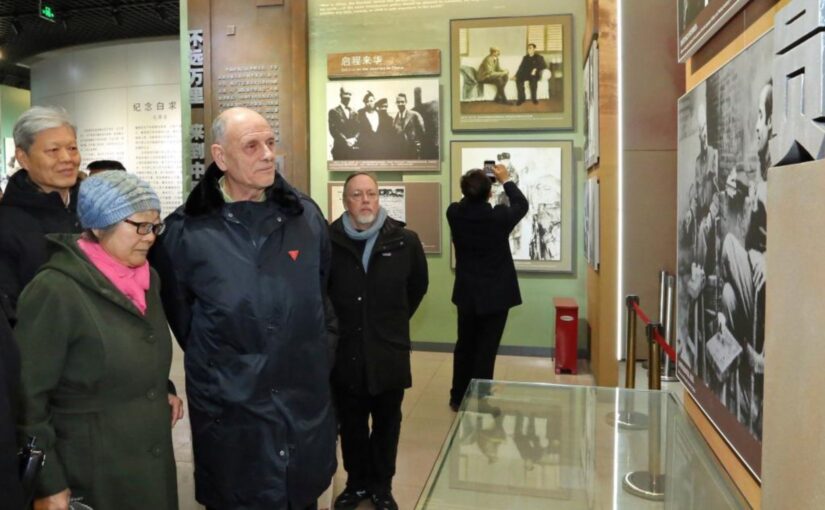Vietnam’s National Defence Ministry has invited the military of five countries – Russia China, Laos, Cambodia, and Belarus – to join the parade in the ceremony marking the 80th August Revolution Day and the 80th National Day, to be held on September 2 in the capital Hanoi.
The ministry has also sent invitations to defence ministers of eight countries – Russia, China, Laos, Cambodia, Cuba, Belarus, Kazakhstan and Azerbaijan – to attend the ceremony, according to Deputy Minister, Senior Lieutenant General Hoang Xuan Chien.
The Vietnam News Service reported on July 10 that the invitation of military units to participate in the parade is a gesture of friendship, solidarity and the close bonds between the people and army of Vietnam and their traditional allies and further noted that on the occasion of the 50th anniversary of the liberation of the South and National Reunification (April 30 2025), the defence ministries of China, Laos and Cambodia sent military personnel to take part in the parade held in Ho Chi Minh City. This was the first time for Vietnam to invite foreign troops to participate in a national military parade.
Also on July 10, the defence ministry held a meeting with relevant bodies to expedite the construction of a monument dedicated to the soldiers from foreign countries who supported Vietnam during its resistance wars, to be located at the Vietnam Military History Museum.
The memorial complex will include a general symbol commemorating the support and sacrifices of foreign military experts, made of bronze and designed by Vietnam, as well as separate monuments honouring military experts from the Soviet Union/Russia, China, Laos, Cambodia and Cuba, also made of bronze, that will be either designed and constructed by the respective countries or by Vietnam upon request, and a greenstone relief designed and built by Vietnam.
The following article was originally published in Vietnam News.
HÀ NỘI — Việt Nam’s National Defence Ministry has invited the military of five countries – Russia, China, Laos, Cambodia, and Belarus – to join the parade in the ceremony marking the 80th August Revolution Day and National Day on September 2 in Hà Nội.
The ministry has also sent invitations to defence ministers of eight countries of Russia, China, Laos, Cambodia, Cuba, Belarus, Kazakhstan and Azerbaijan to attend the ceremony, according to Deputy Minister, Senior Lieutenant General Hoàng Xuân Chiến.
So far, Cuba has responded to the invitation, confirming that the Minister of the Revolutionary Armed Forces of Cuba will attend the ceremony.
Laos and Cambodia have also expressed their support for the initiative to send military forces to participate in the parade at the celebration, as per Việt Nam’s invitation.
The invitation of military units to participate in the parade is a gesture of friendship, solidarity and close bonds between the people and army of Việt Nam and its traditional allies.
The move also reaffirms Việt Nam’s foreign policy of independence, self-reliance, diversification and multilateralism — being a reliable partner and friend to all nations.
Previously, on the occasion of the 50th anniversary of the Liberation of the South and National Reunification (April 2025), the defence ministries of China, Laos and Cambodia sent military personnel to take part in Việt Nam’s military parade.
On the same day, the defence ministry held a meeting with agencies and units to implement the construction of a monument dedicated to the soldiers from foreign countries who supported Việt Nam during its resistance wars, to be located at the Việt Nam Military History Museum.
This commemorative project carries great significance, paying tribute to foreign military experts and soldiers who assisted Việt Nam in its wars of national liberation.
The memorial complex will include a general symbol commemorating the support and sacrifices of foreign military experts, made of bronze and designed by Việt Nam; separate monuments honouring military experts from the Soviet Union/Russia, China, Laos, Cambodia and Cuba, also made of bronze that will be either designed and constructed by the respective countries or by Việt Nam upon request; and a greenstone relief designed and built by Việt Nam.
The area surrounding the monument will be landscaped with trees and grass lawns.
Chiến has instructed that construction progress be expedited. The first group of statues must be completed before August 15, while the entrance and central exhibition area should be finished by August 10.
